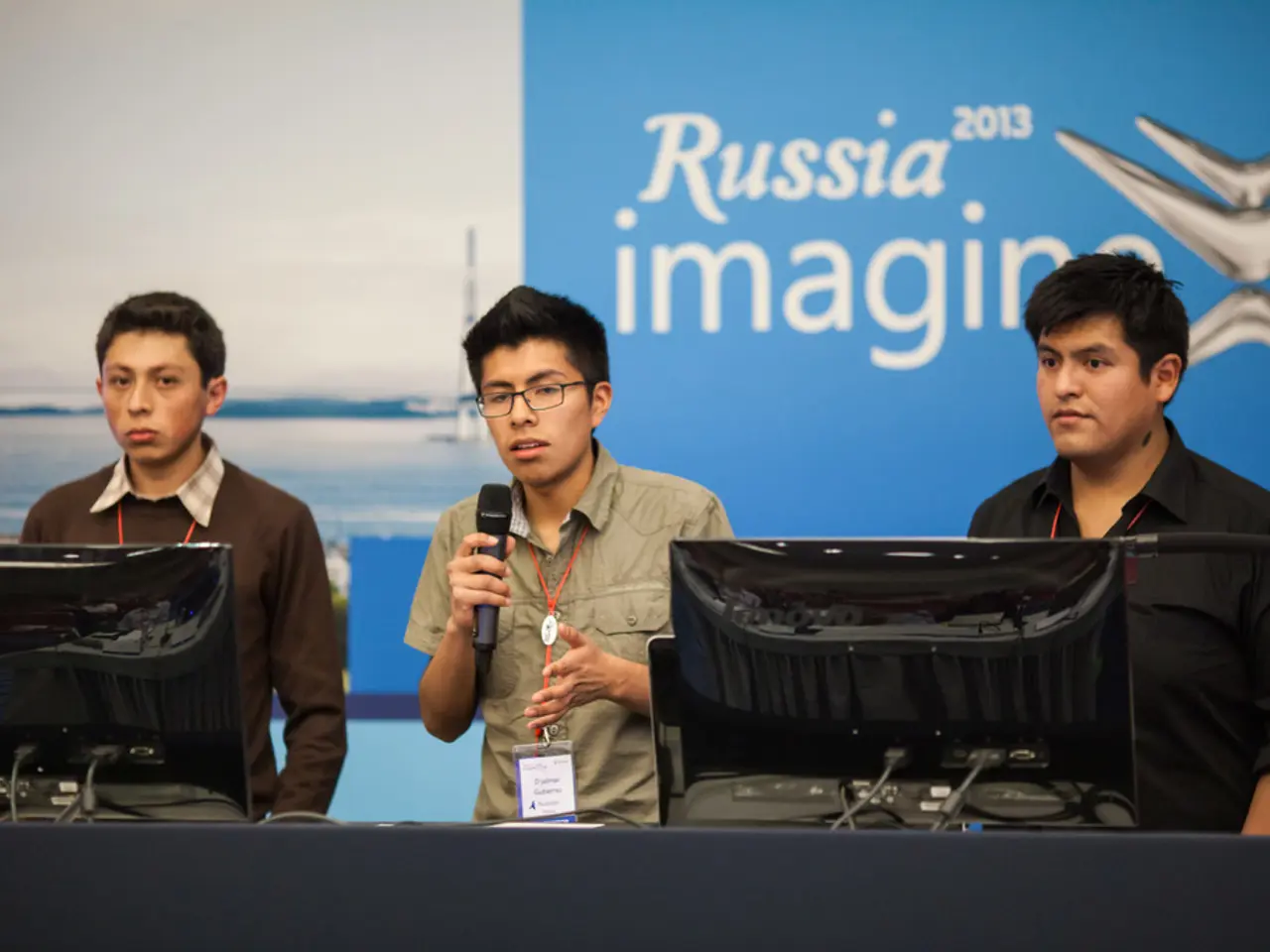Discussions on Immortality Between Putin and Xi Held - Discussions on immortality between Putin and Xi take place
During his four-day visit to China, Russian President Vladimir Putin and Chinese President and Party Leader Xi Jinping held a discussion about the possibility of significantly extending human lifespan. The conversation took place in Beijing, China, and was captured by Chinese state television before a military parade.
Both leaders expressed optimism about the potential advancements in this field. Xi Jinping stated that people used to consider 70-year-olds old, but now they're almost seen as children. He expressed optimism that the chance to extend lifespan to 150 years could be within reach in the near future.
Vladimir Putin, who is 72 like Xi, responded that thanks to the development of biotechnology, human organs can be continually transplanted, and people can feel younger and younger, even achieving immortality. However, he hinted that extending lifespan might not be an option for the masses.
Putin also warned about the consequences if the number of elderly surpasses that of the young. In Russia, where Putin has been in power for a quarter-century, and in China, where Xi Jinping has been in power since 2013, state research institutions and biotech companies are working under the leadership of leading scientists on extending the human lifespan. Projects involving genetic repair and immunomodulation, as well as advancements in cell therapy, have been reported.
Concrete progress, such as genetic repair of T-cells in a mouse model, have been made, according to Xi and Putin's exchange. However, the broadcast of the conversation between the two leaders cut off before they could delve deeper into the details of these advancements.
Despite the limited information available, the discussion between Xi and Putin highlights the growing interest and investment in biotechnology and its potential to revolutionise human health and longevity. As research continues, it will be interesting to see how these advancements develop and what impact they may have on society in the future.








